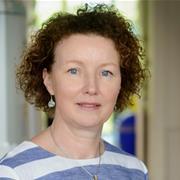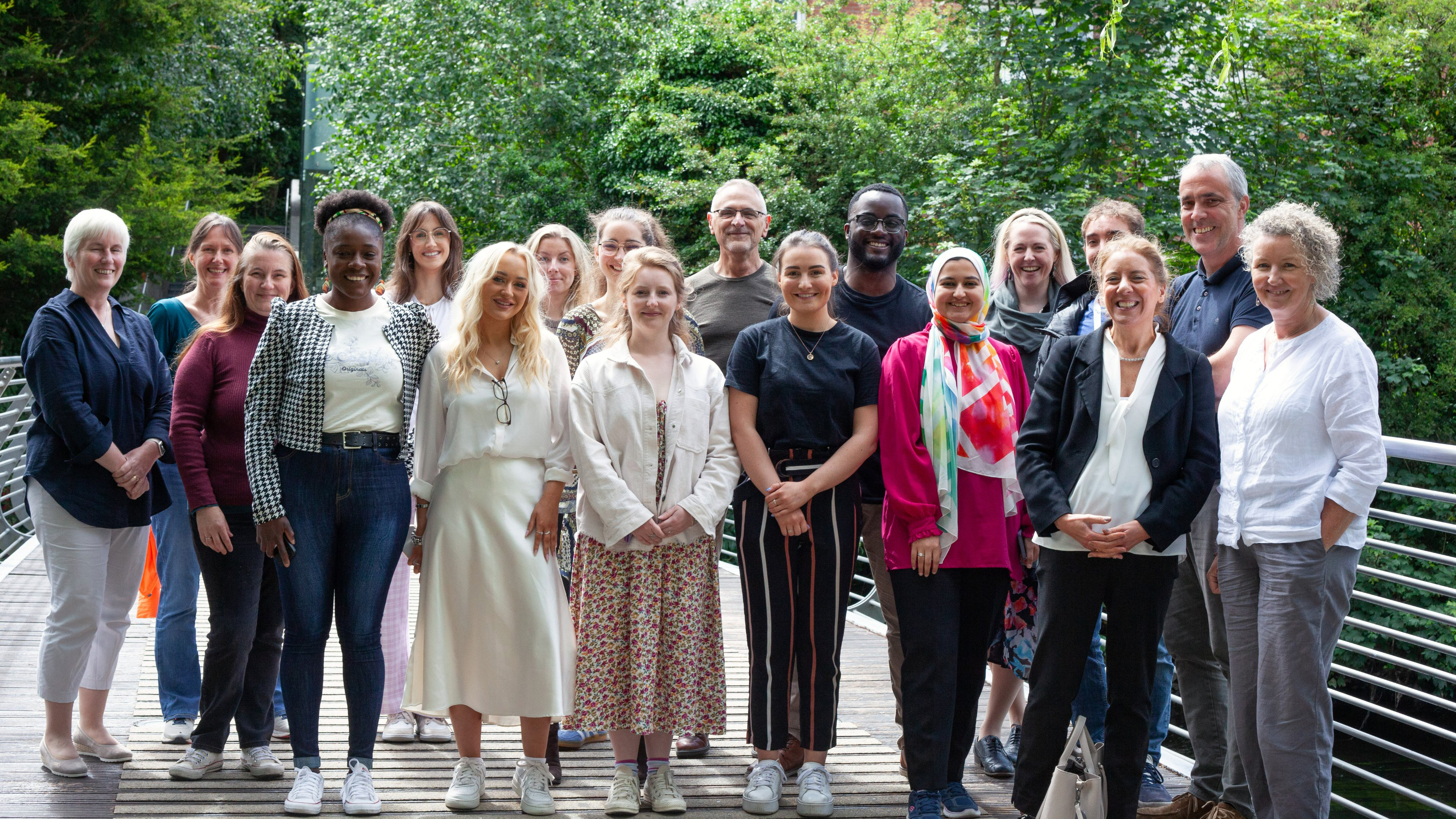Research & Training Mission
AIVRT hub brings together researchers from, UCD, QUB, UCC and TCD in an ambitious four year alliance to better human health through vaccination and to train the next generation of all-island researchers in vaccine design, development, testing and deployment research.
 Antimicrobial resistance (AMR) is among the top 10 global public health threats facing humanity (World Health Organisation, WHO). AMR bacteria cause death, disability, prolonged illness, longer hospitalisation and increased healthcare costs. Few antimicrobial options exist to treat AMR infections. Vaccination is the paramount medical intervention in human history to fight infection. Vaccines, unlike antibiotics, do not select for antimicrobial resistance, hence hold the key to overcome AMR infections and reduce antibiotic usage.
Antimicrobial resistance (AMR) is among the top 10 global public health threats facing humanity (World Health Organisation, WHO). AMR bacteria cause death, disability, prolonged illness, longer hospitalisation and increased healthcare costs. Few antimicrobial options exist to treat AMR infections. Vaccination is the paramount medical intervention in human history to fight infection. Vaccines, unlike antibiotics, do not select for antimicrobial resistance, hence hold the key to overcome AMR infections and reduce antibiotic usage.
Prof Siobhán McClean - AIVRT Lead
The All Island Vaccine Research and Training Alliance (AIVRT) will develop vaccines against global AMR bacteria, specifically the ESKAPE pathogens (Enterococcus faecium [Ef], Staphylococcus aureus [Sa], Klebsiella pneumoniae [Kp], Acinetobacter baumannii [Ab], Pseudomonas aeruginosa [Pa], and Enterobacter cloacae [Ec]). ESKAPE pathogens cause infection in hospitalized patients including those in intensive care units (ICU) and secondary bacterial infections following viral infections (e.g. influenza). The COVID-19 pandemic exacerbated AMR due to high risk ESKAPE pathogen clones emerging in ICUs globally.The WHO, World Bank and UNICEF jointly state “...Vaccines benefit not only individuals but also communities, even entire populations. They also have a more rapid impact on communities than many other health interventions... ”.
No approved vaccines exist for ESKAPE pathogens; AIVRT will address this gap.
